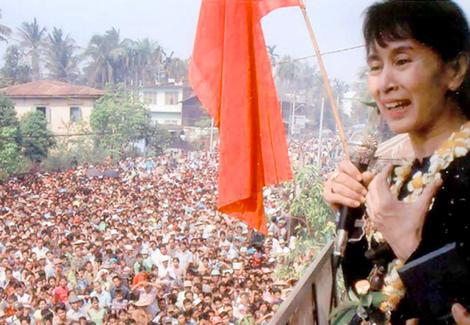The generals must have welcomed the foolish breach of her detention by the American ‘do-gooder’ John Yettaw as a golden opportunity to extend her detention, but they absolutely failed to understand how much this also draws attention to their outrageous mistreatment of her.
Even their ASEAN colleagues are (thankfully) appalled, although some ASEAN countries who share their lack of tolerance of political opposition could be accused of double standards. The absolute bankruptcy of Burma’s military leaders’ position is exposed when they claim that any dissent from their rule threatens national security. Public protests against the regime, including the mass street marches of 2007, are most notable for being unarmed, peaceful and legitimate exercise of basic political rights.
Meanwhile, Burma’s military leaders continue to delay finalising arrangements for Burma’s 2010 elections, perhaps because they cannot make up their minds about the details of these arrangements, among which is the issue of international observers.
At the end of the day, Burma’s elections must include Suu Kyi’s National League for Democracy (NLD), as the overwhelming vote winner in the 1990 elections, and the military regime would be foolish in the extreme if they sought, however indirectly, to prevent NLD participation.
That would be disaster for all sides: the elections would be dismissed by the whole world as utterly without meaning; while the NLD would also be enormously diminished as a relevant political force if they decided not to participate. The NLD is not a perfect political party, has arguably made some serious tactical errors, and badly needs to rejuvenate its leadership, but it still enjoys widespread if not universal public backing.
But an election without NLD participation will not be credible, and the NLD will not be credible politically if it remains on the sidelines.
The 2010 elections cannot be expected to turn the situation in Burma around but they could mark the start of important change. Countries such as Australia should support the elections as a first step, however flawed, but then press for further fundamental reform and change to help improve the situation of the people of Burma.

